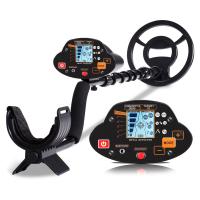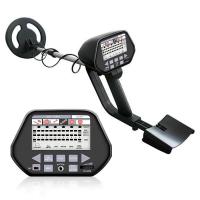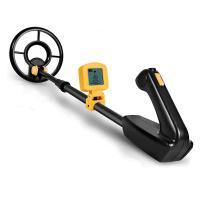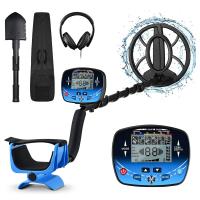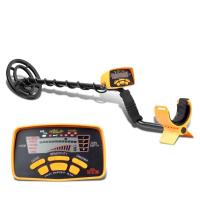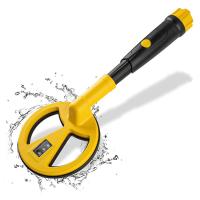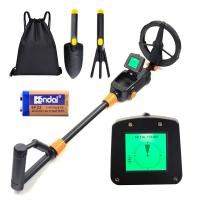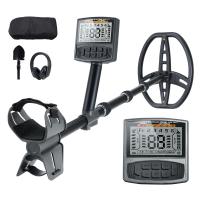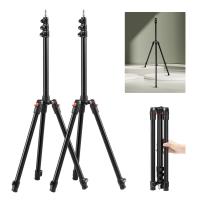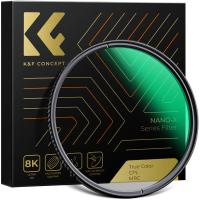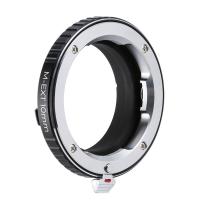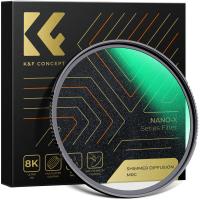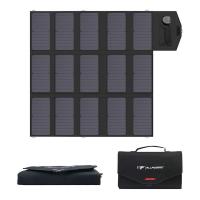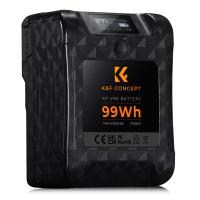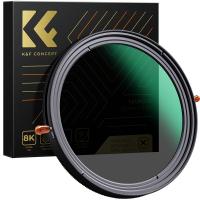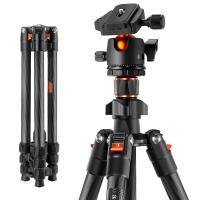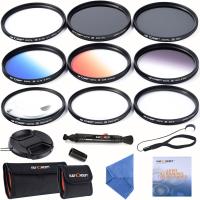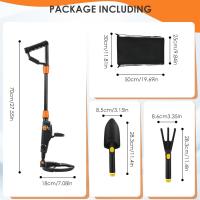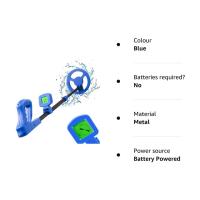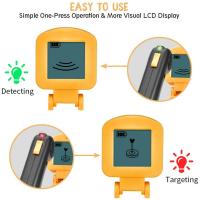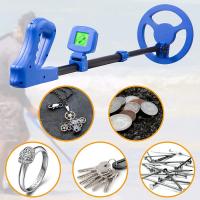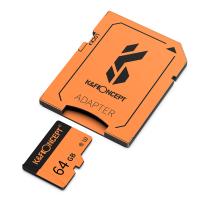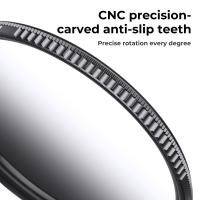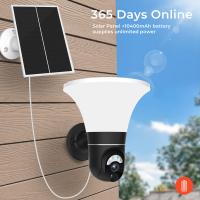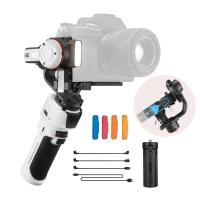Is Gold Detected By Metal Detector?
Metal detecting has long been a popular pastime for treasure hunters and hobbyists looking to uncover hidden valuables. Among the various metals that can potentially be found, gold holds a special allure due to its inherent value, rarity, and historic significance. But an often-asked question is whether gold can actually be detected by metal detectors, and if so, how effective these tools are in locating it. In this article, we explore the technical aspects, challenges, and practical tips surrounding the use of metal detectors to find gold.
Can Metal Detectors Detect Gold?
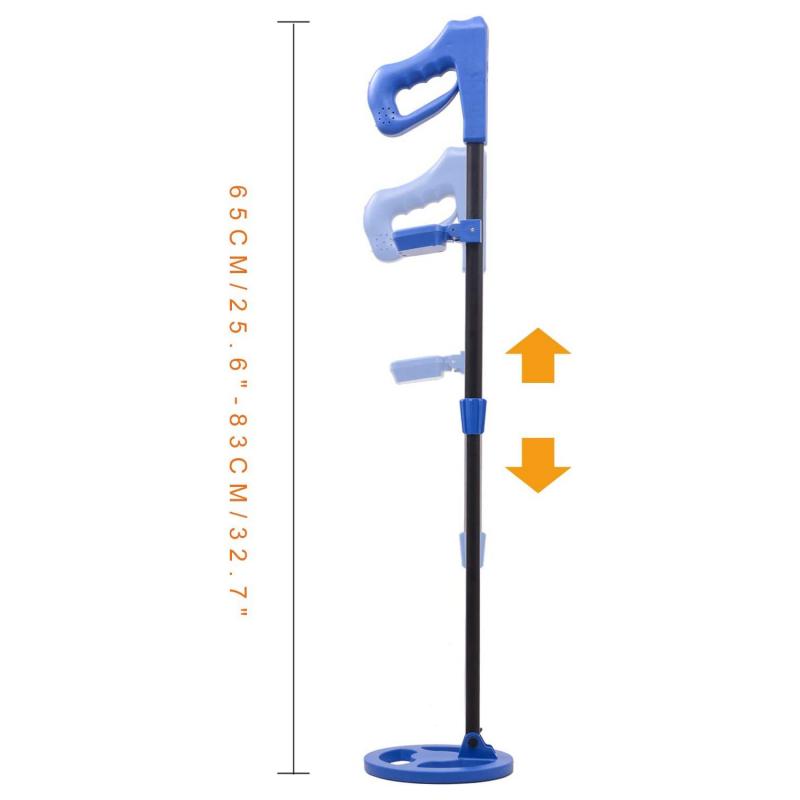
The short answer is yes, gold can be detected by metal detectors, but it requires the right equipment and approach. Gold, like other metals, has conductive properties that cause fluctuations in electromagnetic fields when exposed to a metal detector's search coil. However, detecting gold presents unique challenges due to its specific properties.
Gold has a relatively low electrical conductivity compared to metals like silver or copper but is still highly sought after by detectorists. Its low conductivity means not all metal detectors are equally capable of picking it up. Specialized metal detectors, often referred to as "gold detectors," are designed to excel at finding small nuggets or flakes of gold buried in soil or rocky terrain. General-purpose detectors may detect larger pieces of gold but might struggle with smaller targets or gold in mineral-rich environments.
---
The Challenges of Detecting Gold
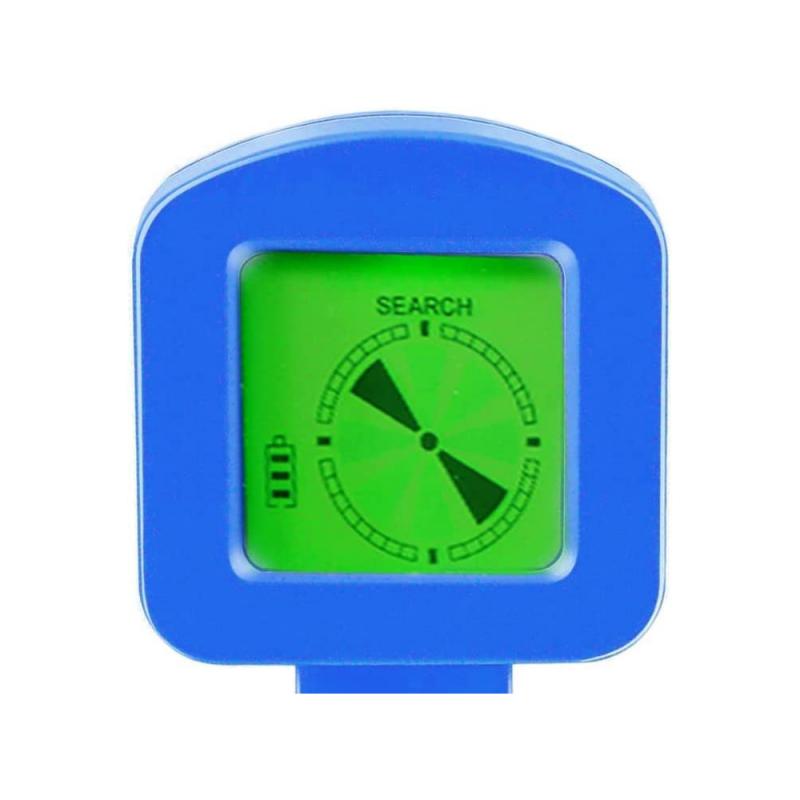
Although gold can be detected using metal detectors, several challenges can make it a more complex material to locate:
1. Size of the Gold
- Smaller gold nuggets or flakes can be challenging to detect, especially with standard metal detectors that aren't built for high sensitivity. Gold detectors, on the other hand, are engineered to pick up even minute particles.
- For example, a tiny gold flake buried several inches underground might go unnoticed by a regular detector, but a powerful gold-specific detector would likely register it.
2. Depth of the Target
- The depth at which gold is buried also plays a significant role in detection. Many detectors have varying depth ranges depending on their frequency and coil size. Larger, heavier gold items can often be detected deeper underground, but small nuggets might require the detector's coil to pass very close to the surface.
3. Ground Mineralization
- One of the biggest challenges is interference from the surrounding soil, often referred to as mineralization. Gold is often found in mineral-rich environments where deposits of iron, salt, or other minerals can "mask" the signal a gold detector might pick up.
- Gold detectors often include ground-balance settings designed to filter out this interference, making it easier to detect gold amidst highly mineralized soil.
4. Type of Metal Detector
- Not all metal detectors are created equal. General-purpose detectors, while effective for finding coins, jewelry, and other metals, may not have the sensitivity and features needed to detect gold, especially in challenging environments.
- There are two main types of detectors commonly used for searching for gold: Very Low Frequency (VLF) detectors and Pulse Induction (PI) detectors. We'll break these down later in the article to show their differences.
5. Composition of the Gold
- Gold is rarely found in its pure form in nature. It is often alloyed with other metals like silver or copper. The composition can affect how strongly or weakly the detector registers the signal. Pure gold tends to give off weaker signals compared to some alloys.
---
What Types of Metal Detectors Are Best for Gold?
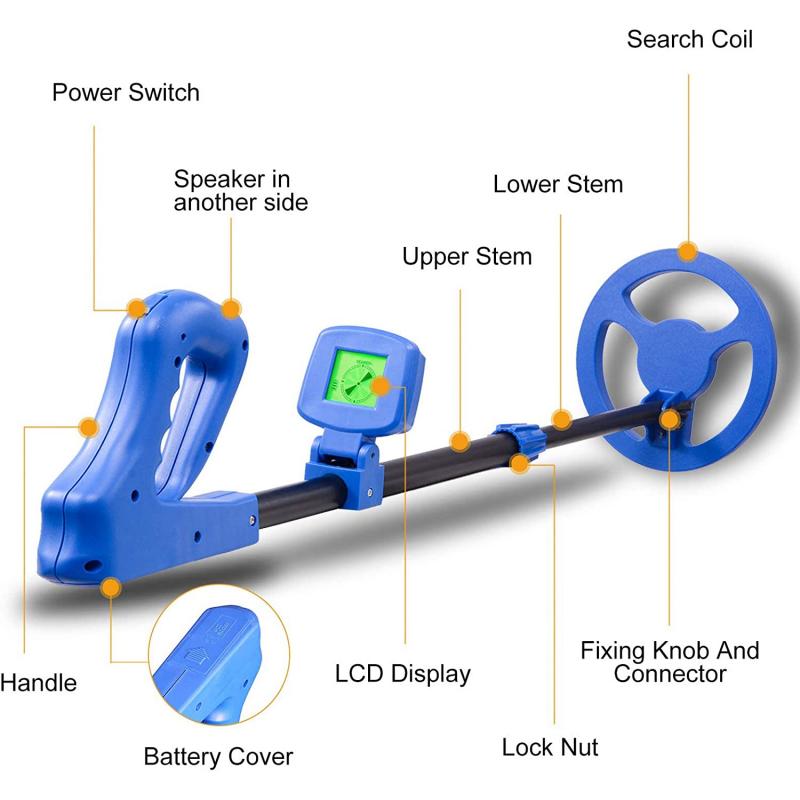
The effectiveness of detecting gold heavily depends on the type of metal detector being used. Let’s take a closer look at the two most common types:
1. Very Low Frequency (VLF) Detectors
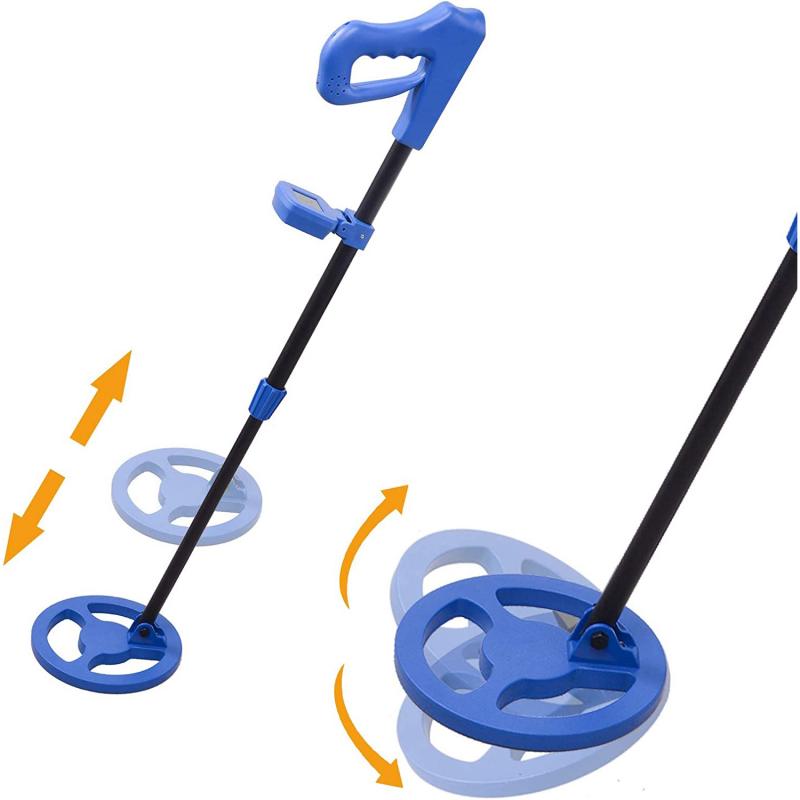
VLF detectors operate on a specific frequency range, making them highly sensitive to small objects like gold flakes and nuggets. They are particularly good at distinguishing between gold and other types of metals, thanks to their discrimination features.
- Advantages:
- Excellent sensitivity to small pieces of gold.
- Adjustable ground-balance settings to deal with mineralized soils.
- Lightweight and easy to use, making them a popular choice for beginners.
- Disadvantages:
- Struggles with detecting gold at greater depths.
- Can experience interference in heavily mineralized areas if not properly adjusted.
2. Pulse Induction (PI) Detectors
Pulse Induction detectors work differently than VLF detectors. They emit short bursts of energy into the ground and analyze the returning signal. PI detectors are less affected by mineralization and are therefore better suited for challenging soil conditions.
- Advantages:
- Excellent depth penetration, making them ideal for locating larger gold deposits buried deep underground.
- Highly resistant to interference from mineralized soil or saltwater.
- Disadvantages:
- Less sensitive to smaller gold pieces compared to VLF detectors.
- Usually more expensive, making them less accessible for casual hobbyists.
In summary, the choice of detector largely depends on what kind of gold you’re looking for. If you’re searching for smaller nuggets or flakes in shallow areas, a VLF detector is likely the better option. If you’re trying to locate larger gold deposits at greater depths, or are searching in environments with high mineralization, a PI detector will give you better results.
---
Ideal Settings for Gold Detection
To maximize the chances of finding gold, using the correct settings on your metal detector is essential:
1. Frequency Adjustment:
- Higher frequencies are generally better for detecting smaller pieces of gold, while lower frequencies are more effective for penetrating deeper.
2. Ground Balance:
- Keep your machine properly balanced for the specific ground conditions in your area. Most high-end metal detectors come with automatic or manual ground-balance settings.
3. Sensitivity:
- For gold detection, it’s often better to increase sensitivity to pick up faint signals. However, be cautious of increasing sensitivity too much, as this may result in false signals caused by ground noise.
4. Discrimination Settings:
- Avoid over-relying on discrimination settings if you’re searching for gold, as this can result in missing small gold targets.
---
Tips for Detecting Gold Effectively
Now that we’ve covered the technical aspects, here are some practical tips to improve your odds of finding gold:
1. Research Your Location:
- Areas with a history of gold prospecting, such as rivers, streams, and old mining sites, are far more likely to yield results. Researching maps and historical records can significantly increase your success rate.
2. Use the Right Accessories:
- Consider using smaller search coils for increased sensitivity or larger coils for detecting deeper targets. Headphones can also help you hear faint signals that might go unnoticed otherwise.
3. Be Patient:
- Gold prospecting often requires time and persistence. It’s not uncommon to go hours or even days without significant finds, but determination usually pays off.
4. Practice with Test Targets:
- Before heading out, bury a few small gold items in your backyard to practice detecting and learning the particular sounds and signals your detector makes when passing over gold.
---
Gold can absolutely be detected with metal detectors, provided you use the right tools and techniques for the job. While standard metal detectors may be capable of detecting gold, specialized devices designed specifically for gold prospecting offer the best results—particularly when dealing with small nuggets or challenging terrain.
Understanding the relationship between gold’s properties, ground conditions, and the capabilities of your metal detector will significantly improve your success rate. By selecting appropriate equipment, fine-tuning your detector's settings, and employing strategic search methods, you can turn your metal detecting hobby into a rewarding gold-finding adventure. Whether you’re an amateur hobbyist or a seasoned prospector, seeking gold with a metal detector is as much about the journey as it is about the treasures you uncover.

